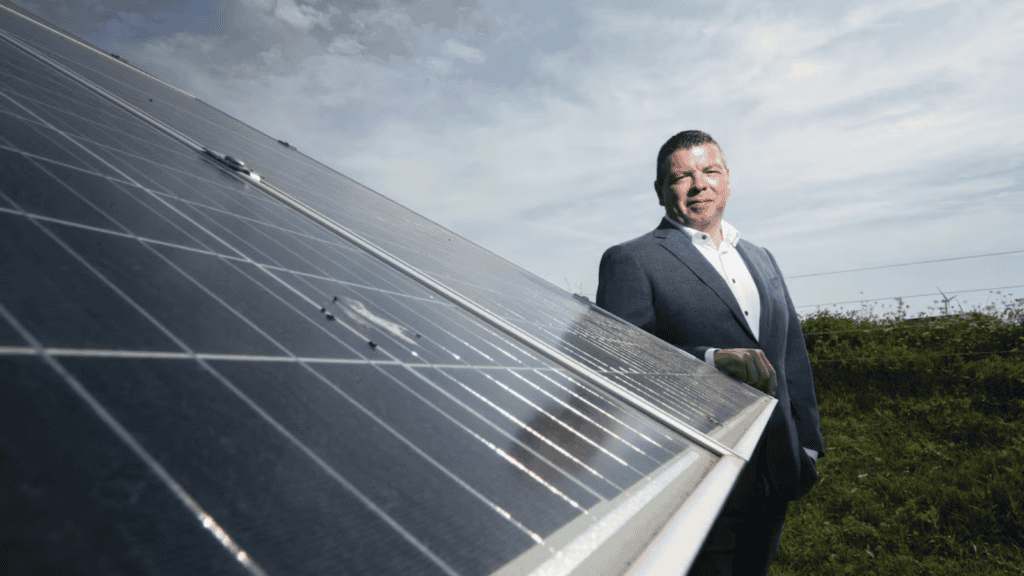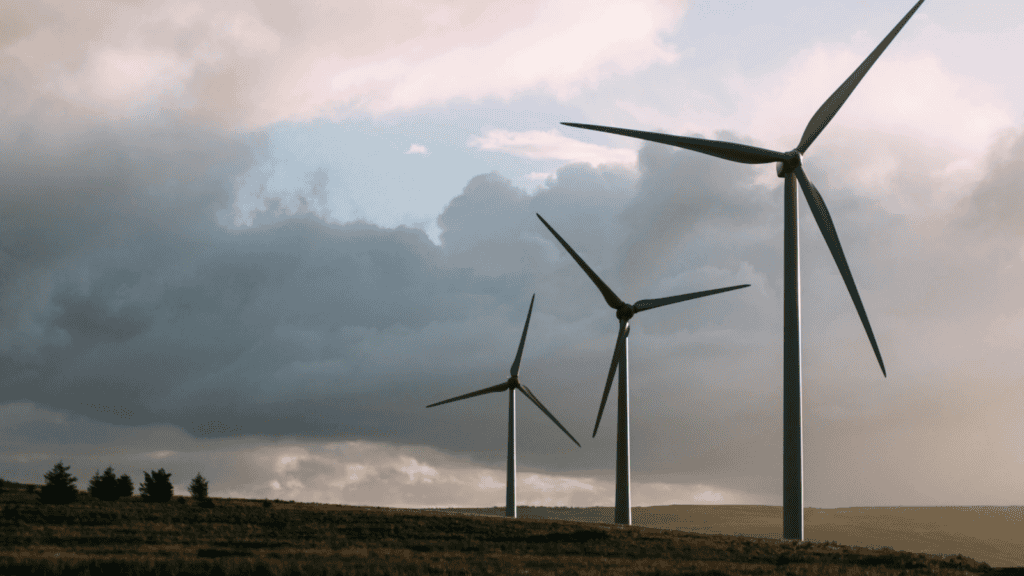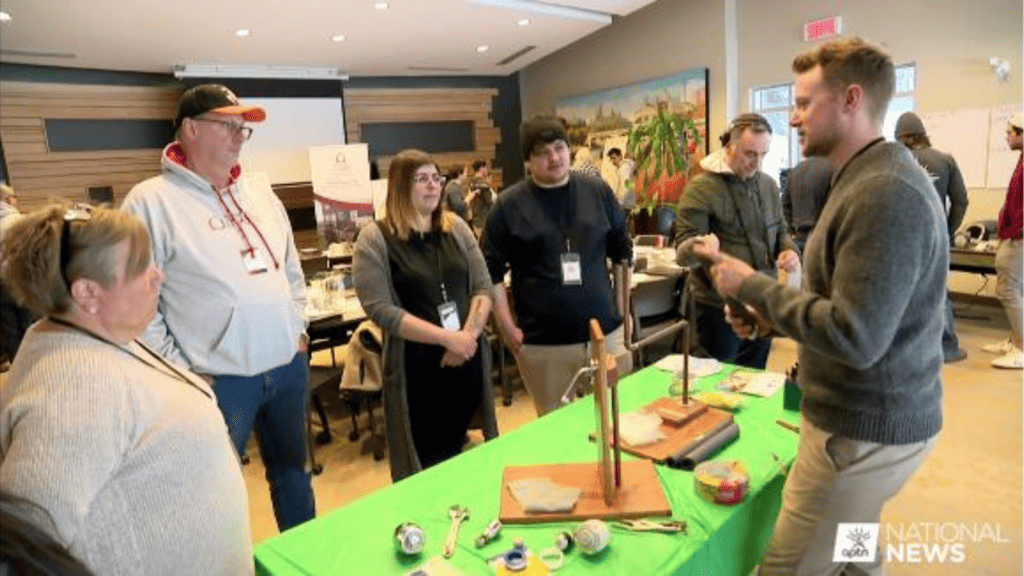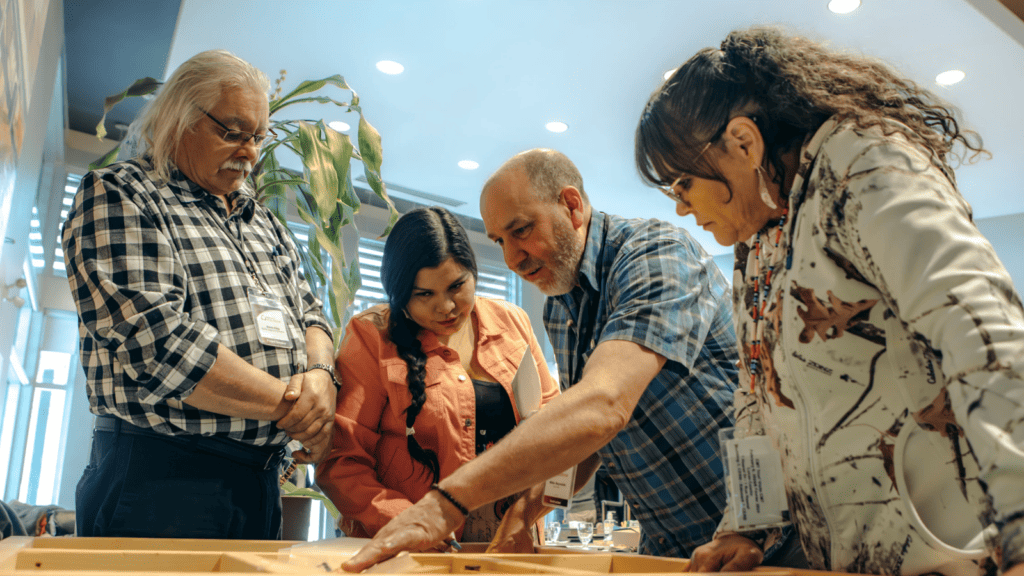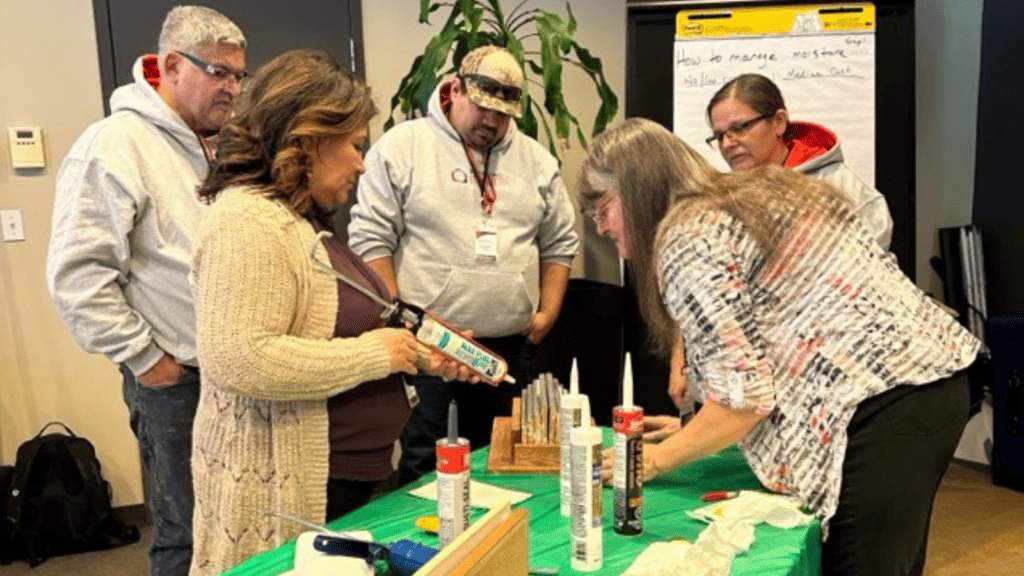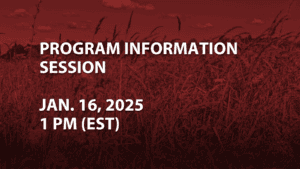
News & Events
News Releases
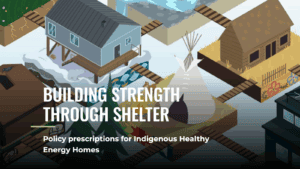
Indigenous housing inequality in Canada will drive up costs and health risks without policy changes: report
December 4, 2025 – New research from Indigenous Clean Energy and the Canadian Climate Institute recommends governments adopt a new approach to prioritize the development of Indigenous housing that’s energy efficient, resilient to climate-related threats, and supports overall well-being.
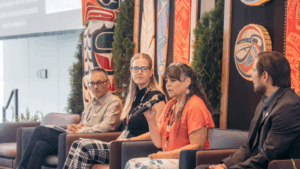
Indigenous Clean Energy hosts national Changemakers Forum and 20/20 Catalysts graduation in Vancouver
Vancouver, BC, November 12, 2025 – Celebrating Indigenous leadership, innovation, and collaboration in Canada’s clean energy transition

Corporate Knights: 30 under 30
Corporate Knights, November 3, 2025 – As the climate crisis tightens its grip, we turn to these young, bright minds to light the path to a more resilient future
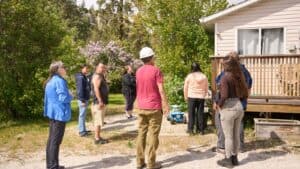
Accelerating Indigenous-Led Housing Solutions Across Canada
WAKEFIELD, QC, August 5, 2025 – Indigenous leaders from 13 communities across Canada are gathering this week in Wakefield, QC, for the second in-person intensive training session of the Bringing It Home Project Accelerator program.
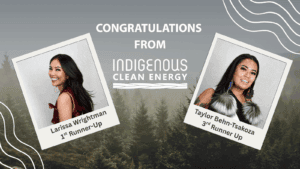
Congratulations Larissa Wrightman, our 20/20 Program Coordinator and GP Alumna Taylor Behn-Tsakoza!
Ottawa, ON – Aug 1st, 2025 — Indigenous Clean Energy (ICE) would like to congratulate Larissa Wrightman, our 20/20 Program Coordinator, and Taylor Behn-Tsakoza, a Generation Power Alumna, who both placed as runners-up in the Miss Indigenous Canada Pageant.

Energía Renovable Originaria (ERO) Program to take place in Colombia
BOGOTA, COLOMBIA – July 28, 2025 — Indigenous Clean Energy (ICE) and the Glocal Grassroots Movement of Movements Foundation (GGMM) are pleased to announce the delivery of the inaugural Energía Renovable Originaria (ERO) capacity-building program.
Jump to a section:
Media Inquiries
For media inquiries, please contact:
Lina Forero, Senior Communications Manager
lforero@indigenouscleanenergy.com
